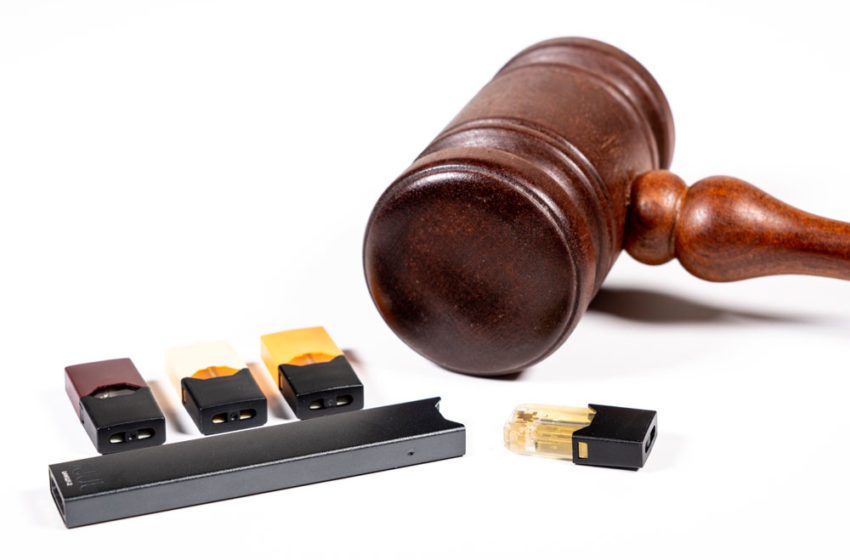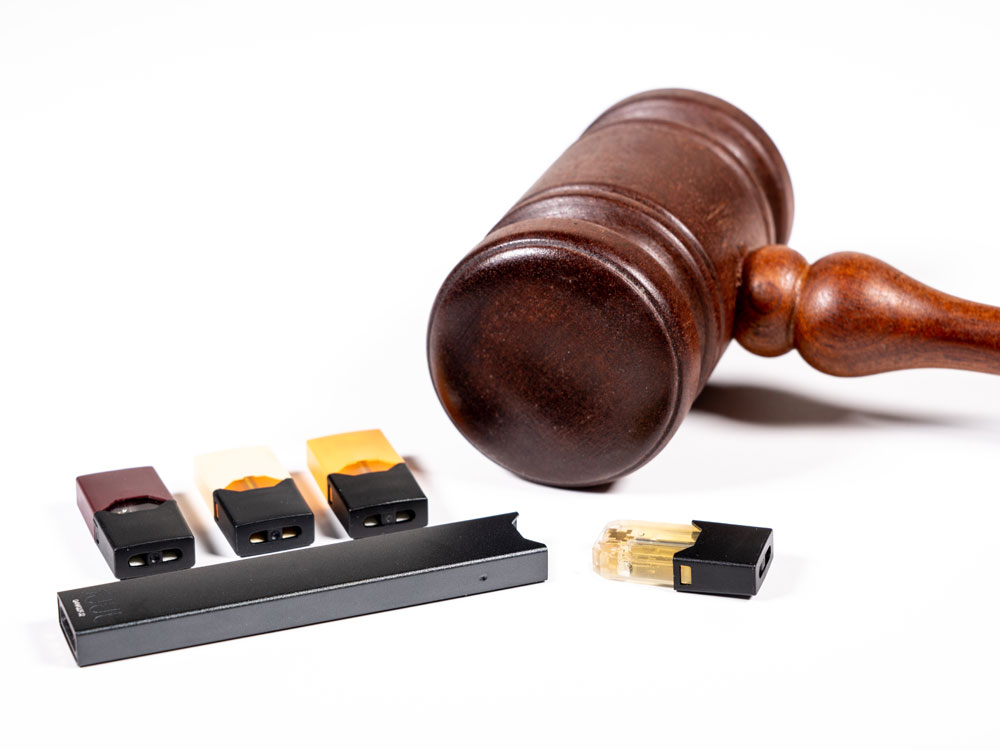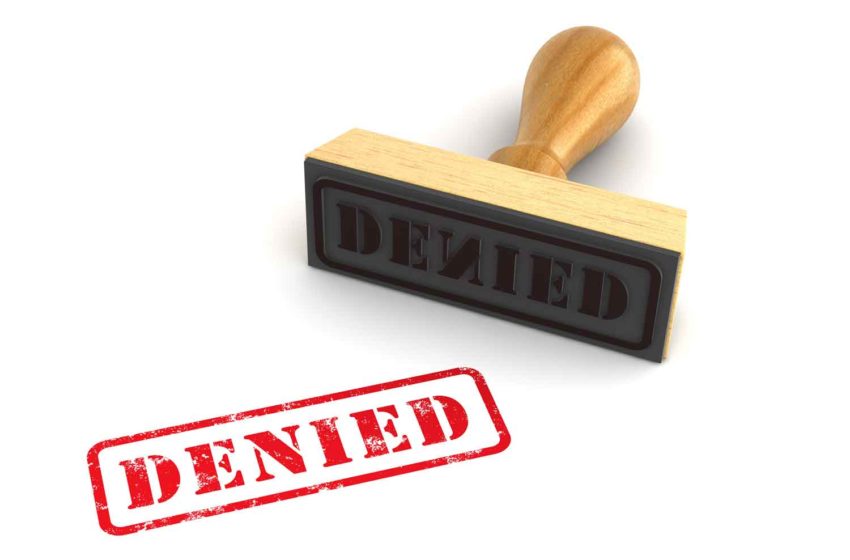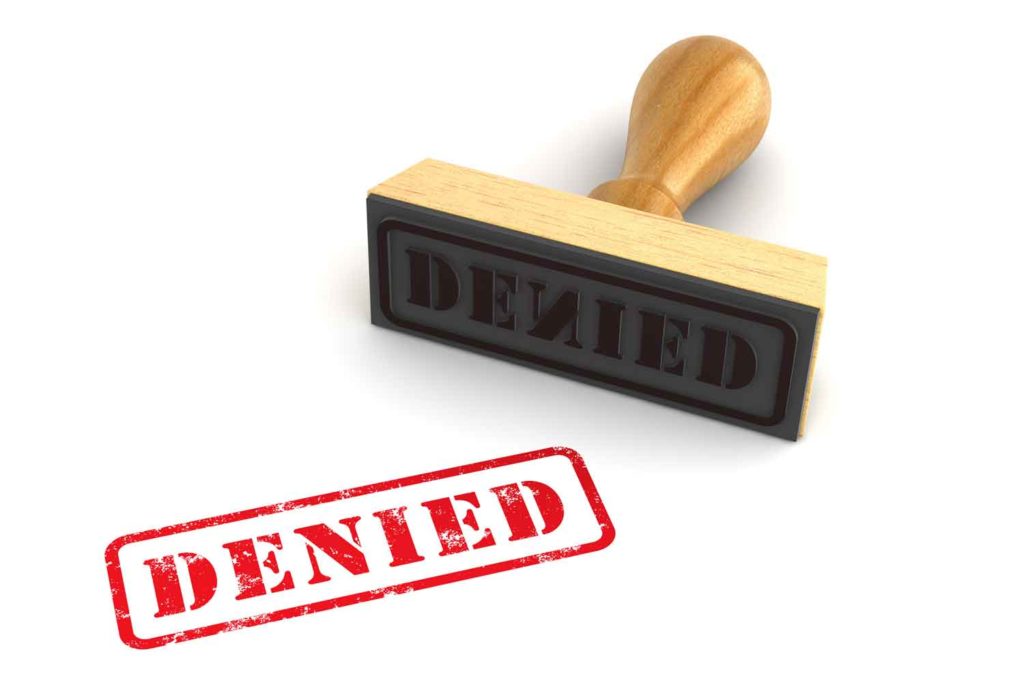Cristine Delnevo has been appointed chairperson of U.S. Food and Drug Administration’s Tobacco Products Scientific Advisory Committee (TPSAC).
Delnevo is the director of the Rutgers Center for Tobacco Studies and a professor of health behavior, society and policy at the Rutgers School of Public Health. She was appointed to serve on the TPSAC in March 2021. Her appointment as chair will run through Jan. 31, 2025.
Established in 2009, TPSAC reviews and evaluates safety, dependence and health issues related to tobacco products and provides advice, information and recommendations to the FDA’s commissioner. The FDA commissioner selects the committee members from among people with expertise in medicine, medical ethics, science or technology involving the manufacture, evaluation or use of tobacco products.
“I have valued the importance of this FDA advisory committee since the signing of the Family Smoking Prevention and Tobacco Control Act in 2009,” said Delnevo in a press note published by Rutgers. “This advisory committee plays an important role in several ways, perhaps most notably on the review of modified risk tobacco product applications, as required under the Tobacco Control Act.
“I value the service of Dr. Jonathan Samet and Dr. Robin Mermelstein who served admirably before me as chair, and I look forward to working with an esteemed group of colleagues to help the FDA make regulatory decisions to protect public health and reduce tobacco-related morbidity and mortality.”
Delnevo’s expertise spans population-level tobacco behavior trends—particularly non-cigarette tobacco products like cigars and e-cigarettes—tobacco control policy and regulation, and survey methods research.
In 2022, she received the John Slade Award from the international Society for Research on Nicotine and Tobacco for outstanding contributions to public health and tobacco control through science-based public policy and public advocacy. Her work has been extensively cited in two FDA proposed rules that would ban menthol in cigarettes and characterizing flavors in cigars and she recently served as an external peer reviewer on the FDA’s Scientific Assessment of Impact of Menthol in Cigarettes.
In addition, she served as a committee member on the National Academies of Sciences, Engineering and Medicine report on the Health Effects and Patterns of Use of Premium Cigars.
Delnevo co-leads one of nine Tobacco Centers of Regulatory Science and has published extensively on tobacco-use behavior patterns. She has authored more than 250 scientific articles, reports and book chapters and serves on the Editorial Advisory Board for the journal Tobacco Control.
“We are excited that an RBHS faculty member was selected to be a member, and indeed the leader, of an important committee like TPSAC,” said Brian Strom, chancellor of Rutgers Biomedical and Health Sciences. “I am confident that Dr. Delnevo will bring to this role her passion, commitment, and leadership skills, which she has already exhibited at the Rutgers Center for Tobacco Studies, and will help FDA make decisions for the country that will help save lives.”



















